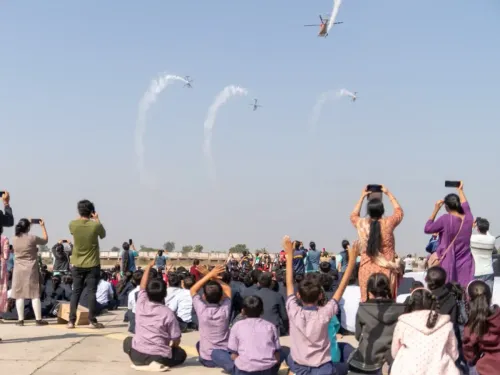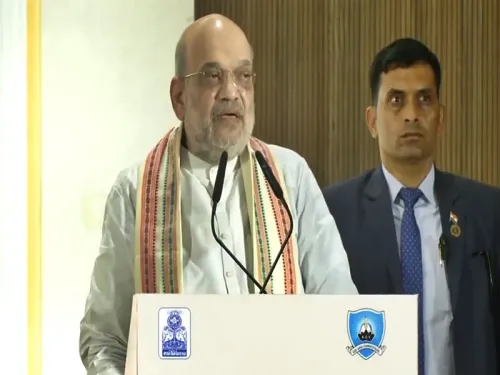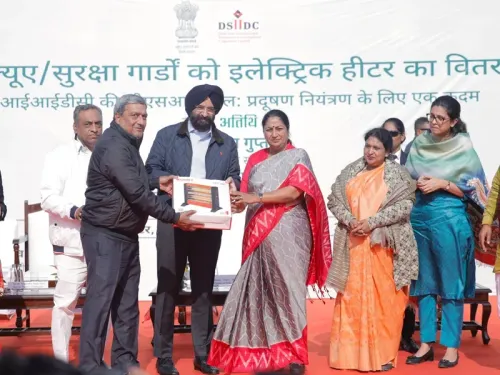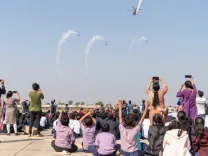How Did a Kerala Man Rescue His Son from a Leopard?
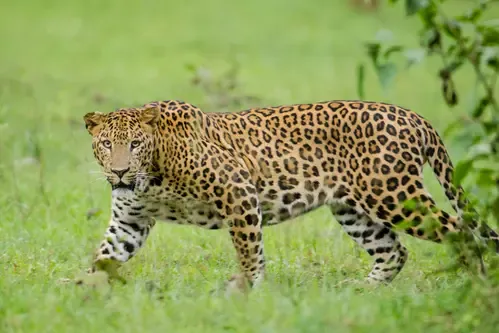
Synopsis
Key Takeaways
- Bravery of parents in face of danger.
- Increasing incidents of human-animal conflict.
- Government initiatives to mitigate risks.
- Importance of community safety in proximity to wildlife.
- Need for effective wildlife management strategies.
Thrissur, Aug 2 (NationPress) A four-year-old boy was saved after a leopard attacked him in the Veerankudy tribal area of Malakkappara, located in Kerala's Trissur district during the early hours of Saturday.
The boy's father, Baby, showed remarkable bravery by confronting the leopard to protect his son, Rahul, who sustained significant injuries to his head.
The incident took place around 2:15 a.m. as they were resting in their temporary hut.
Reports indicate that the leopard entered their shelter and attempted to drag the child away. Baby's swift action and courage in pursuing the animal with a stone made it retreat back into the forest.
Rahul was quickly taken to a local hospital in Malakkappara, and after receiving initial treatment, he was transferred to Chalakkudy Taluk Hospital. Due to the severity of his injuries, he was later moved to the Government Medical College Hospital in Thrissur for surgery.
Notably, the couple's two-year-old daughter was also present in the hut when the leopard intruded and grabbed Rahul.
Forest officials reported that the leopard returned to the vicinity of the hut following the attack.
Trissur Collector Arjun Pandian visited the family to reassure them of the government's backing.
This incident is part of a troubling trend of similar attacks in the region, especially in areas adjacent to dense forests and plantations.
In October 2024, a six-year-old girl lost her life to a leopard in the Valparai tea estate near the Kerala-Tamil Nadu border. Earlier that year, a male leopard was captured by forest officials after causing distress in villages in Kasaragod's Kolathur, where it targeted pets and livestock.
Moreover, in April 2023, a five-year-old boy was injured in a leopard attack at Malakkappara.
The increasing frequency of these incidents, including deadly attacks, has instilled fear among residents, prompting them to call for decisive action from authorities.
In response, the Kerala Forest Department has launched a 10-point action plan, which includes establishing Rapid Response Teams and a real-time monitoring system to track animal movements.
The government has also classified human-wildlife conflict as a 'State Specific Disaster', aimed at enabling quicker administrative responses and compensation for victims.
Additionally, the ongoing resettlement of 47 tribal families in Malakkappara, an area historically vulnerable to such attacks, is part of efforts to address the long-standing safety concerns of these communities.


